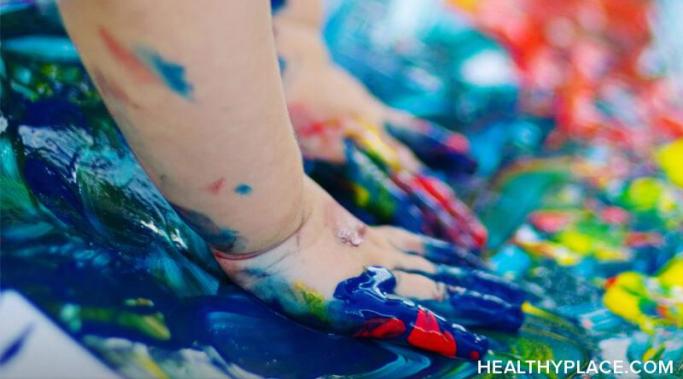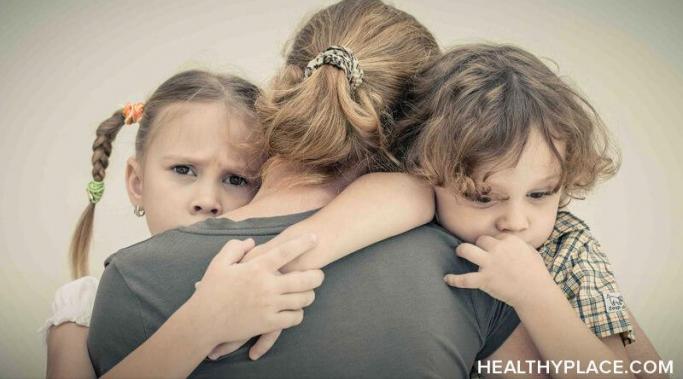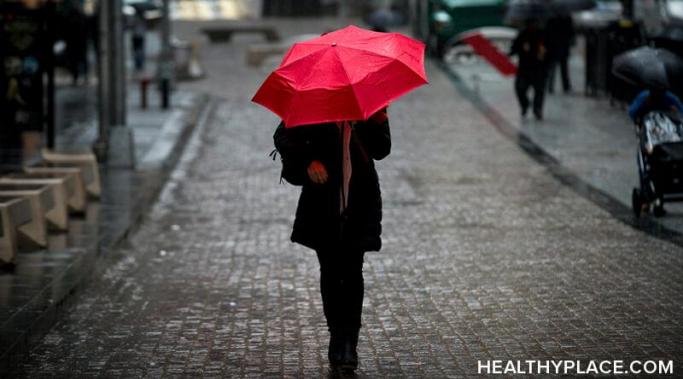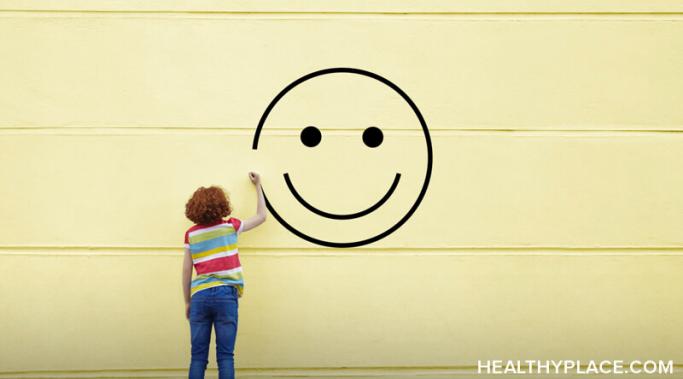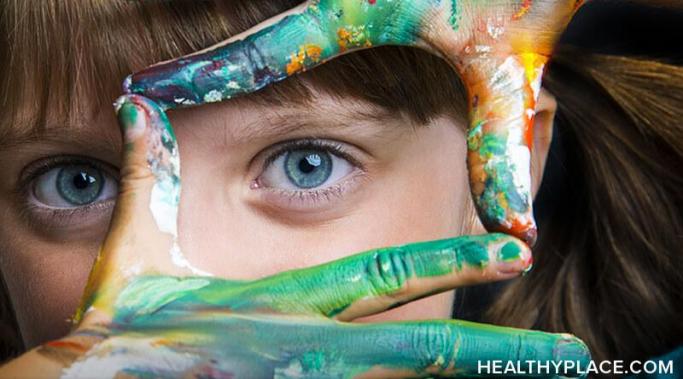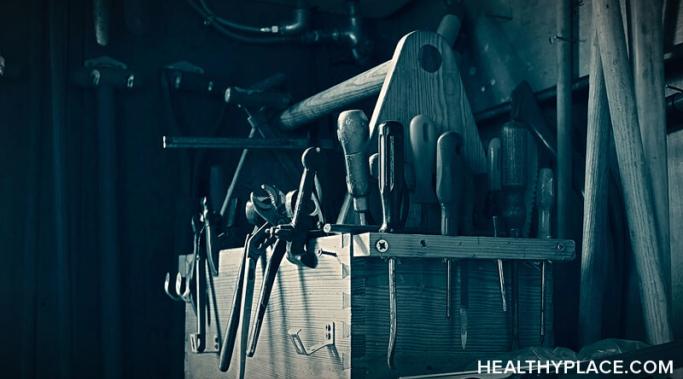Many forms of self-care are absolutely essential for any healthy, functioning person, but, oftentimes, we see the same recommendations online over and over, like getting a manicure or snuggling with a weighted blanket. But what if these self-care activities aren't right for you? There are different forms of self-care that you might enjoy.
Mental Illness and Self-Care
People might think I have my life together, and for the most part, I do. But even after years of recovery, I still struggle. My struggles and how I react to them are different now from when I was first diagnosed, but some days it is painfully clear that recovery is a lifelong battle.
What is the aftermath of toxic relationships? In general, I am a positive person who can see the good in people, but I recently went through a tough situation with a person that left me questioning how I cope with stress and handle social interactions. This person is no longer around me but this situation has had a big impact on my life. I want to share the things that I've learned.
My daughter is only three years old, but I already worry that she might experience some of the same mental health issues I did growing up. There are some signs I want to look for.
I fake normalcy because having a mental illness is isolating and makes me feel different. Facing the outside world can be difficult. Here are five coping methods (positive and negative) I noticed I do when I leave the house that help me fake normalcy.
I have recently quit drinking. Drinking has negatively impacted my life for the past few months and I decided to stop a couple weeks ago. I am hoping this will put me on a path to a healthier life both mentally and physically.
Let's face it -- getting through the day with a mental illness can sometimes feel like an uphill battle, so having good mental health habits is priority one. My biggest challenge is avoiding stress-induced mental illness symptoms. It helps to go day-by-day, step-by-step, and to remember my priorities. Here are a few everyday habits I have developed to keep my recovery on track.
Remembering my medication at this point in my life and mental health recovery is very important. I accept that I need psychiatric medication to function. That can be a hard thing to admit sometimes. I'm at a place where I have a lot going on in my life and I feel it would fall apart if I didn't take my medication. Long story short -- my medication is extremely important.
Using creative projects for mental illness recovery helps me immensely. The arts have played an integral part in my recovery from schizoaffective disorder. It all started with a five-week stay at a treatment center where I received my initial diagnosis. There was a lot of downtime at the center and I was frequently digging through their stash of art supplies. I had frightening visual hallucinations and found it very therapeutic to draw them.
I typically use distress tolerance coping skills several times a week to get me through intense feelings that threaten to completely overwhelm me. In the past, I have tried to deny these feelings, as if I could will them away simply because I didn't like them, but I've recently learned that this approach can actually intensify distressing emotions. Now, I am learning to tolerate these emotions while they last, and encourage them to run their course through me. I'm realizing that even though this is uncomfortable and scary, it's typically quicker and less painful than trying to reject the emotions entirely. Everyone has different distress tolerance coping skills that work for them, but I thought I would share a few of mine in the hopes that they might be helpful for others as well.
